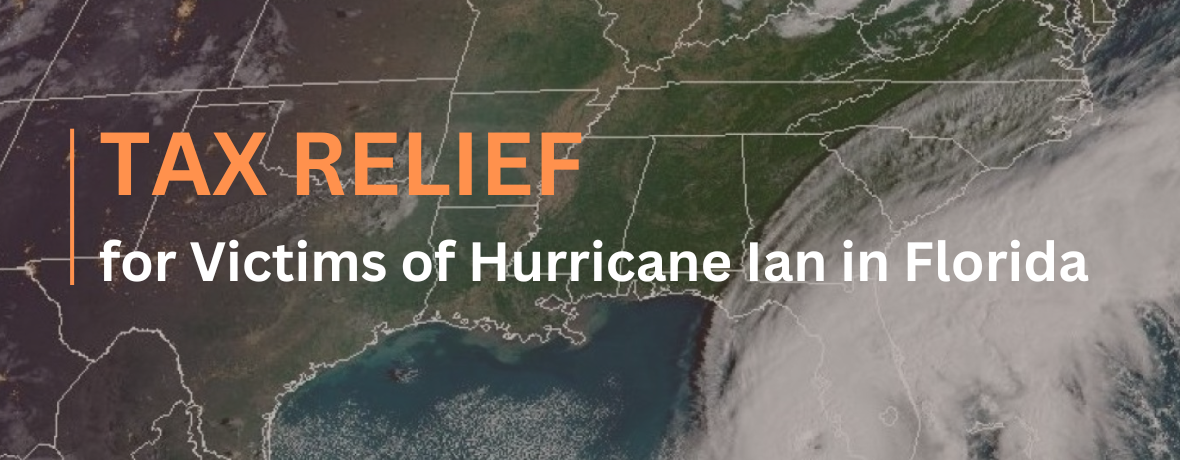The Small Business Health Options Program (SHOP) was created under the Affordable Care Act to establish a centralized marketplace where small employers and their employees could choose coverage, complete enrollment and pay premiums. A subset called FF-SHOP (“federally facilitated SHOP”) was also established to perform such functions in states that don’t have a state-based SHOP. (Employers aren’t required to buy SHOP coverage unless they wish to receive the small business health care tax credit.)
Recently, the Centers for Medicare and Medicaid Services (CMS) announced its intention to issue proposed regulations that would change the enrollment process for small employers buying plans via FF-SHOP.
Enrollment function
According to the CMS announcement, for plan years beginning on or after January 1, 2018, the proposed regulations would eliminate the FF-SHOP’s enrollment function. Instead, small employers would enroll directly with an insurer offering SHOP plans or with the assistance of an agent or broker registered with the FF-SHOP.
Although the announcement doesn’t directly address the FF-SHOP’s future role in collecting premiums from employers and forwarding them to insurers, it implies that the FF-SHOP will also discontinue this function. The CMS has stated that employers currently enrolled in FF-SHOP coverage for a plan year that began in 2017 would be able to continue to enroll employees and pay premiums through the FF-SHOP for the remaining portion of that plan year in 2018.
The announcement also states that employers would still use the HealthCare.gov website to obtain a determination of eligibility. And the CMS anticipates that state-based SHOPs would be able to provide for online enrollment or opt to direct small employers to insurers and SHOP-registered agents and brokers to directly enroll in SHOP plans.
Rulemaking process
Under transitional relief issued in April 2016, state-based SHOPs already have the option to use direct enrollment — through 2018. Although the CMS proposal would revise the way the FF-SHOP operates, the full extent of the change will have to be developed through the rulemaking process.
It seems clear that the SHOPs will have a role to play so long as they are linked to the small business health care tax credit. And there may be resistance to the potential loss of the FF-SHOP’s premium calculation, collection and payment functions. Contact your benefits advisor for the latest news on this developing issue.
Sidebar: IRS accepting renewals for expiring ITINs
The IRS has begun accepting applications from individuals seeking to renew individual taxpayer identification numbers (ITINs) that will expire at the end of 2017. ITINs are issued to individuals who are ineligible for Social Security numbers but must furnish taxpayer identification numbers for federal tax reporting or filing purposes. For example, ITINs must be obtained by nonresident aliens and some resident aliens who need to file U.S. tax returns.
Under the Affordable Care Act, providers of minimum essential coverage (MEC) generally must solicit and report taxpayer identification numbers — either Social Security numbers or ITINs — to report months of coverage for individuals enrolled in the MEC. Such coverage providers are mostly insurers, but also may include employers that self-insure.
ITINs are requested and renewed on IRS Form W-7. Under recent legislation, ITINs expire if they haven’t been used on a federal tax return at least once in three consecutive years. The legislation also establishes a schedule for the expiration of ITINs that haven’t expired because of disuse. (This schedule and other changes are discussed in IRS Notice 2016-48.)
continue reading
Related Posts
More than three million residents are eligible for up to
The IRS has provided tax relief for victims of Hurricane
Resources: https://www.irs.gov/businesses/small-businesses-self-employed/virtual-currencies Virtual currency transactions are taxable by law just




